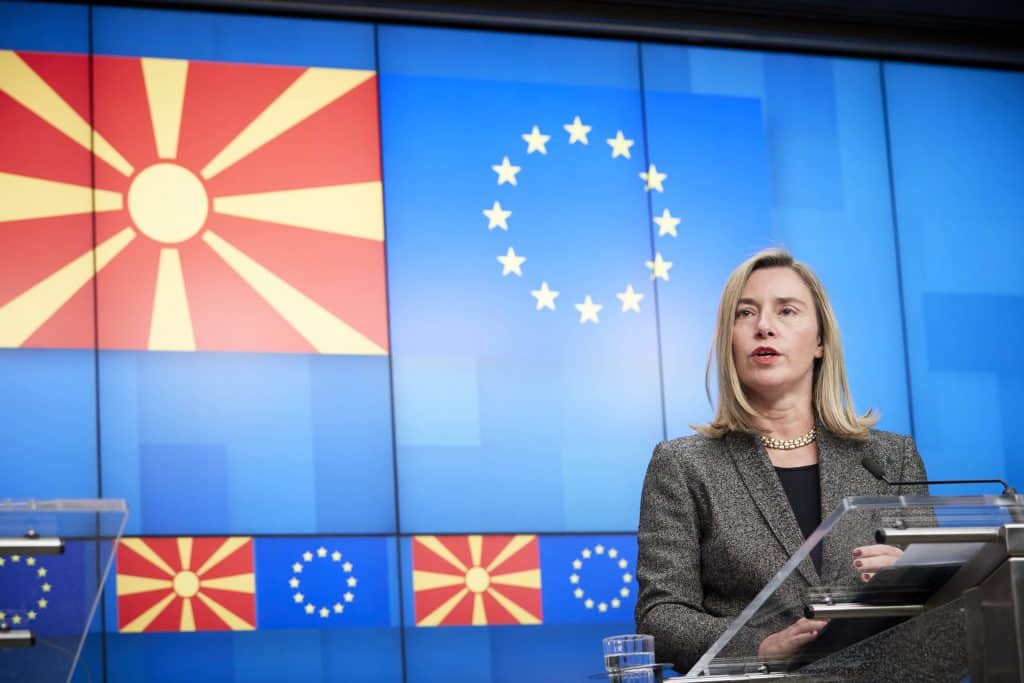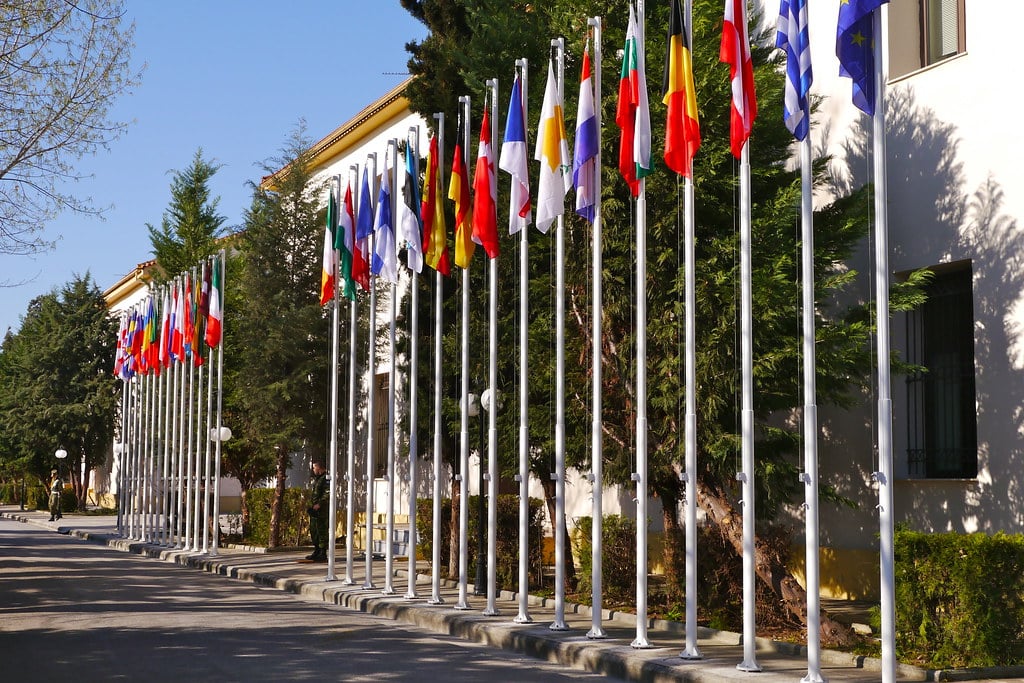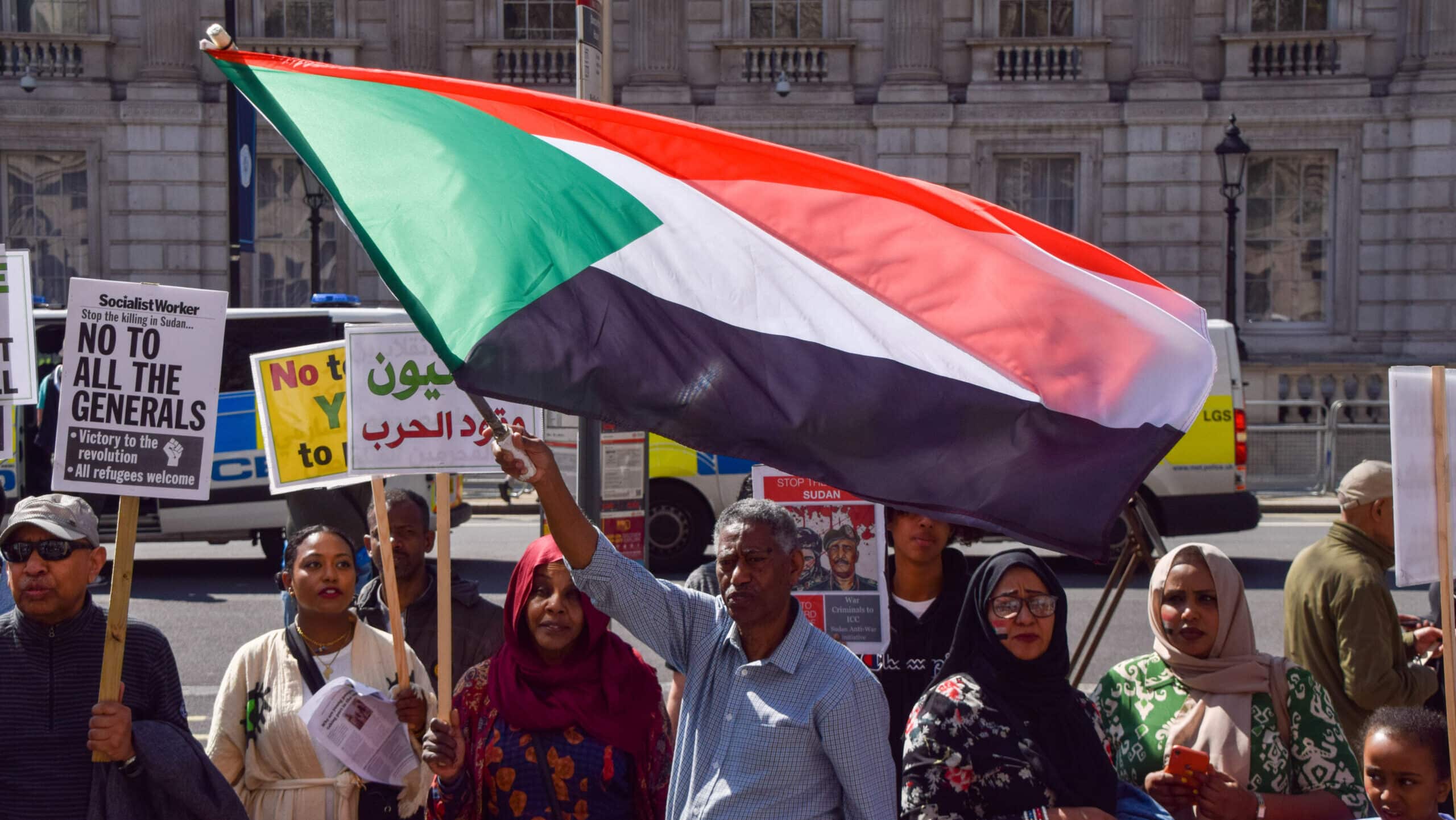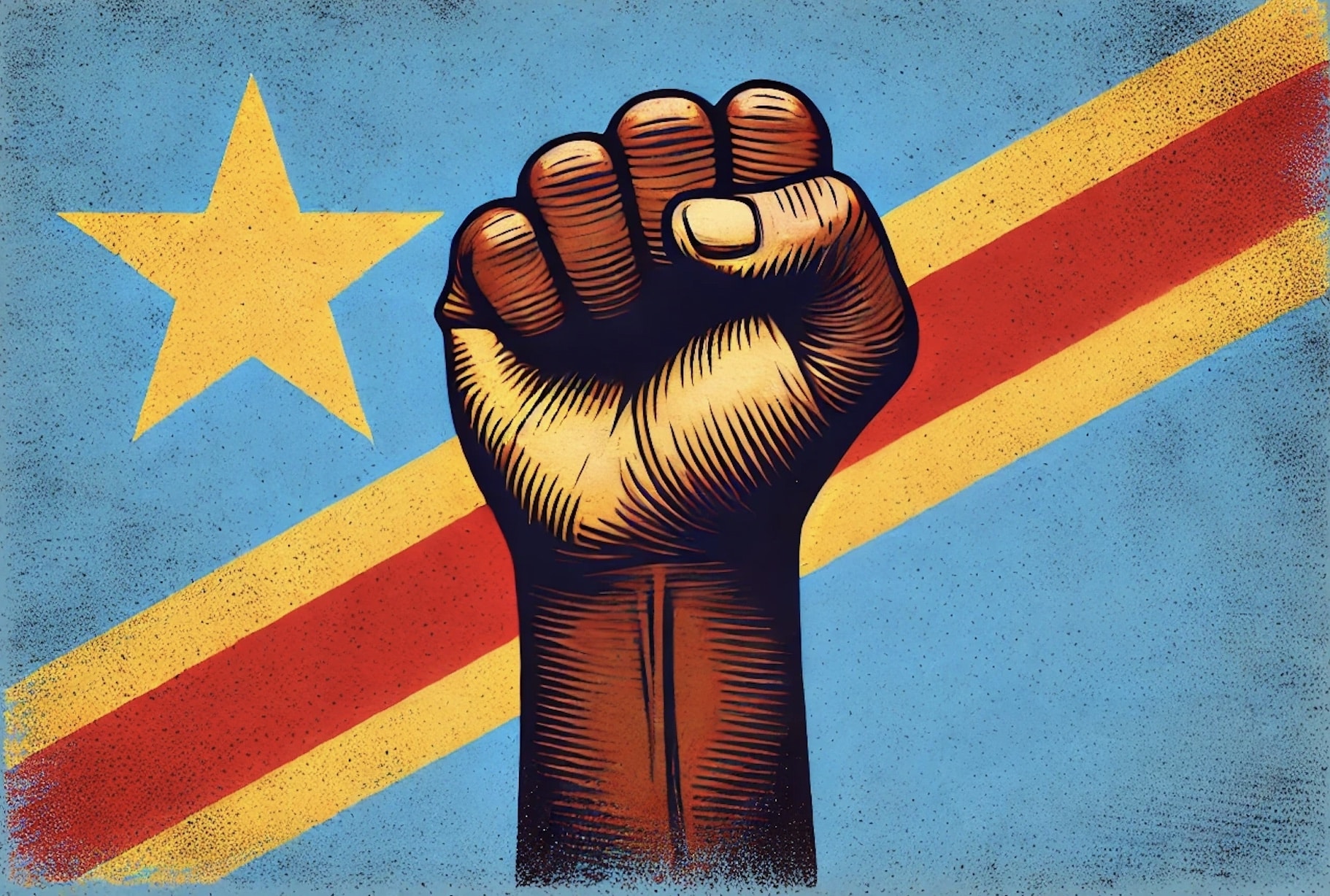On 18 Oct, the European Council decided after a lengthy debate that it would postpone accession negotiations with Albania and northern Macedonia. Opposition to the opening of negotiations was led by France, which believes that the EU admission process needed to be adjusted before negotiations with prospective member states could be opened. The debate continued on the progress both countries had made on rule of law, human rights and democratisation.
Denmark and the Netherlands opposed the opening of talks with Albania because they did not consider judicial reforms sufficient. The progress made by northern Macedonia was approved by both countries. But a so-called "decoupling" , in which negotiations would be opened only with northern Macedonia, was vetoed by France. European Council President Donald Tusk said he felt embarrassed: "these two countries passed their exam. I cannot say that of our own member states."
Reforms and new elections
Both Balkan countries have for years been implementing reforms to bring administrative and judicial power to the desired EU level. Albania even went so far with the reforms that by now its own Supreme Court no longer functions. There is now only one judge left after a rigorous screening process that was supposed to filter corrupt judges out of the judicial system.
Progressive and pro-European North Macedonian Prime Minister Zoran Zaev drew his conclusions immediately after the postponement and announced his departure in January, leading to early elections in April. In this, a victory for nationalist parties lurks, as the country's name change was already hard to swallow for large parts of the population. The promised EU integration still made the name change bearable, but with the recent setback in mind, it remains to be seen whether the population will continue to rally behind the current government's EU course.
Impact on the rest of the Balkan region
The rejection has implications not only for Albania and northern Macedonia, but government leaders in other Balkan countries are also reacting with disappointment to the EU's decision. Serbian President Aleksander Vucic, for instance, called the EU an untrustworthy partner, calling on other Balkan countries to steer their own course. Following its own course, Serbia has been doing so for years, for instance, it will soon sign a free trade agreement with the Eurasian Economic Union, which is led by Russia.
Some experts expressed concern about the impact of the decision on negotiations between Serbia and Kosovo, which are due to resume soon. With the EU sending a negative signal regarding the European future of the Balkans, both countries will feel less inclined to compromise under pressure from EU member states.





